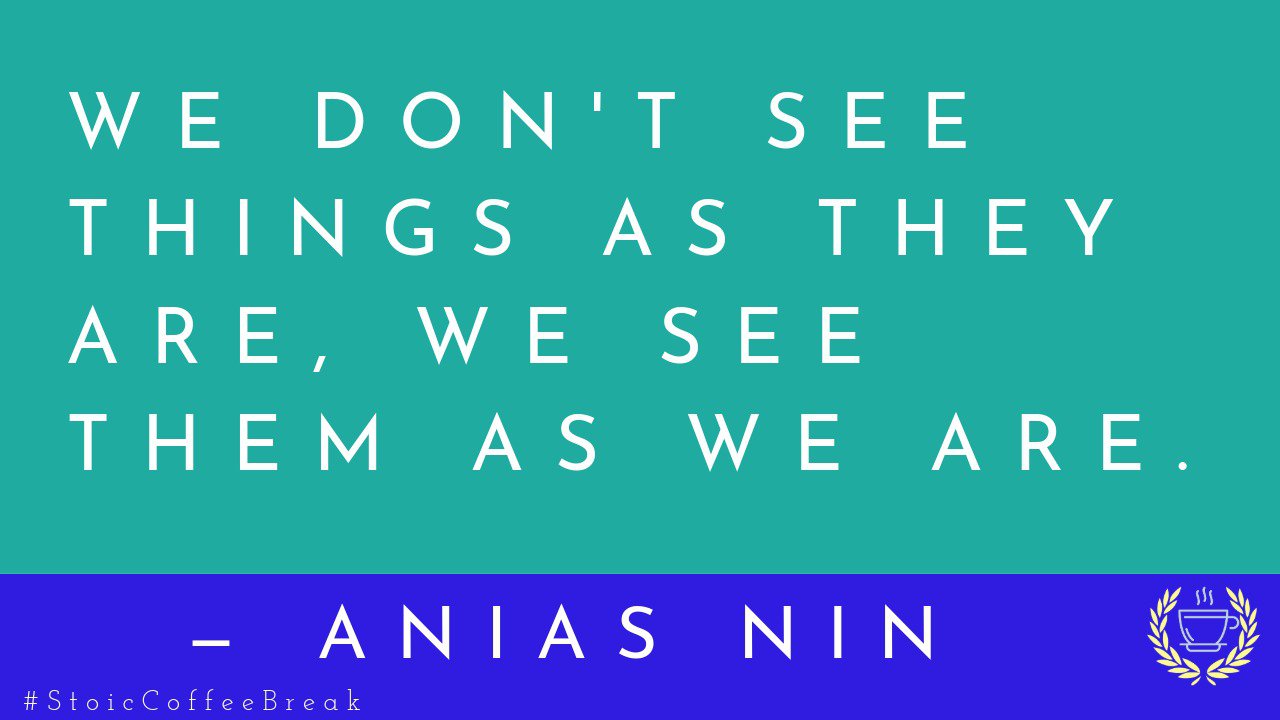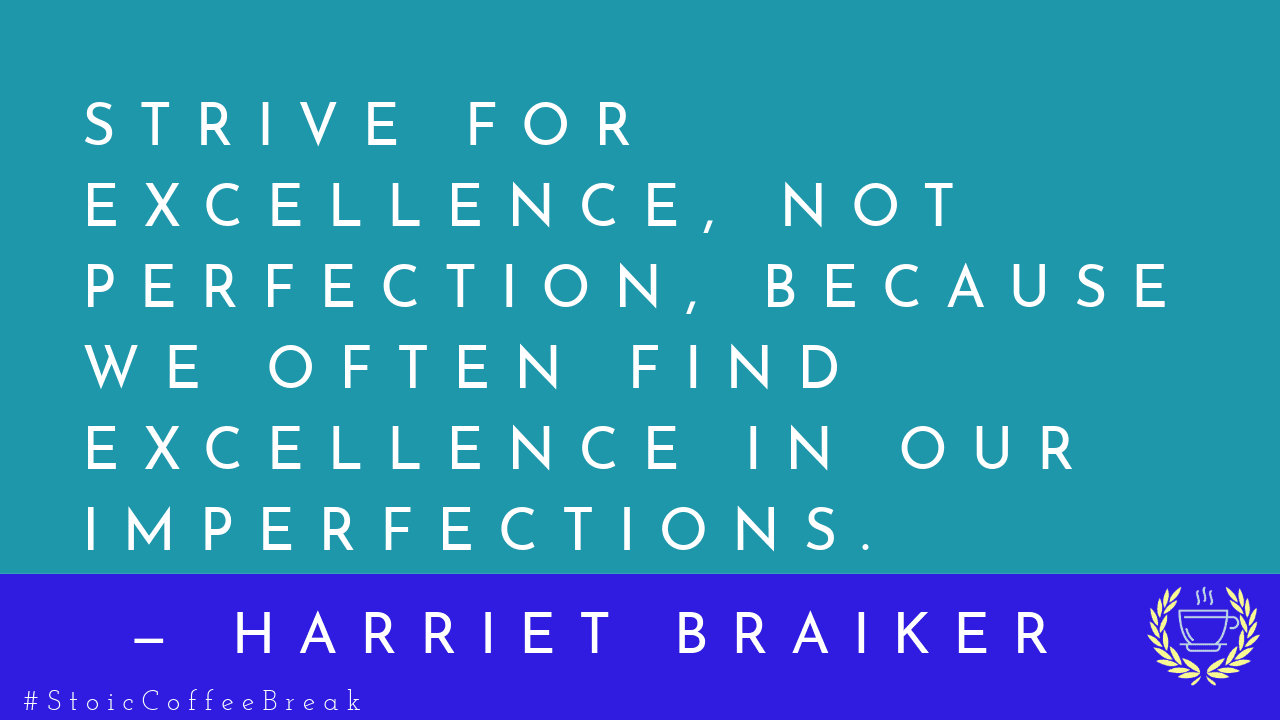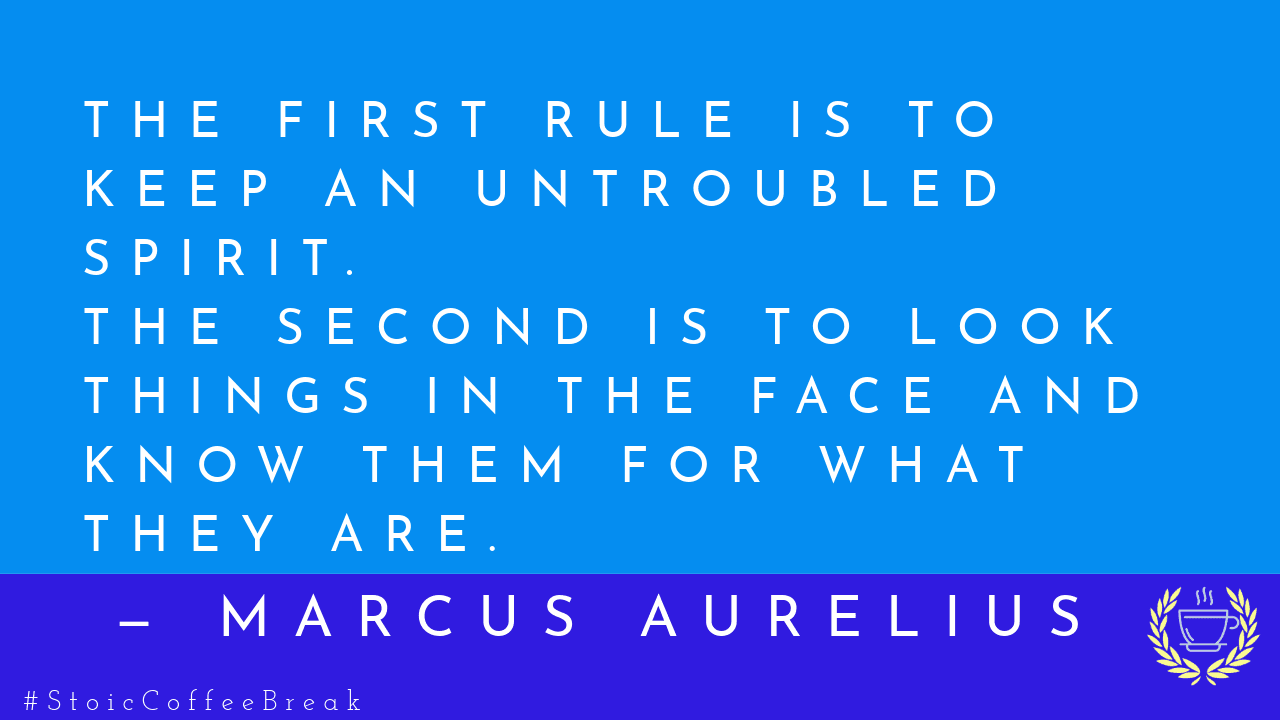Month: March 2024
-

293 – Perspective is Reality
In this episode we dive into the fact that our reality is not an objective construct; it is a subjective experience shaped by our individual perceptions. These perceptions are the lens through which we view the world, influenced by our beliefs, past experiences, and emotional states. Our perceptions profoundly shape our reality, molding our experiences,…
-

292 – Interview with Ori Halevy: Comedian and Comedy Writer
In a cozy Berlin coffee shop, Erick Cloward’s interview with Ori Halevy delves into the intersections of comedy, philosophy, and life’s complexities. This engaging conversation uncovers the unique perspective of a comedian navigating the philosophical landscapes of Berlin’s vibrant English-speaking comedy scene. Through laughter and reflection, they explore how humor can illuminate our understanding of…
-

291 – Finding Your Genius: Flipping Your Flaws Into Features
“Strive for excellence, not perfection, because we often find excellence in our imperfections.” —Harriet Braiker Discover the transformative power of viewing your traits through a new lens. In this episode we explore how what we see as weaknesses can actually be strengths in disguise, urging us to shift our perspective and embrace our unique attributes…
-

290 – Laughing With The Stoics: Finding Humor on the Path to Virtue
“It’s better for us to laugh at life than to cry over it.” — Seneca Discover how Stoicism embraces humor as a vital component of living a virtuous life. Uncover the wisdom behind laughing at life’s absurdities and how it contributes to resilience, joy, and a deeper understanding of Stoic philosophy.
-

289 – Interview with Mark Tuitert: Olympic Gold Medalist Speed Skater and Stoic Author
Delve into the world of Olympic gold medalist Mark Tuitert, as he shares his journey from the ice to authoring “The Stoic Mindset.” Discover how stoicism fueled his triumphs and helped navigate life’s challenges, offering a unique insight into achieving greatness while maintaining inner peace.
-

288 – Starting Stoicism
“Very little is needed to make a happy life; it is all within yourself, in your way of thinking.” —Marcus Aurelius New to Stoicism? Embark on a journey into Stoicism, an ancient philosophy that teaches the mastery of self through control, judgment, and understanding emotions. Discover practical wisdom for living a virtuous life amidst modern…
-

287 – Interview with Constatin Morun of Unleash Thyself Podcast
Dive into an enlightening conversation between Erick Cloward of the Stoic Coffee Break and Constantin Morun from Unleash Thyself Podcast. They explore the transformative power of self-discovery, the quest for purpose, and the journey to living a life aligned with one’s true self.